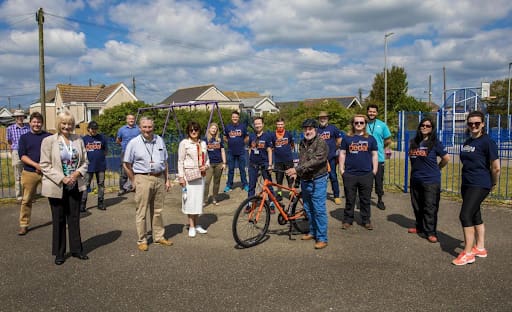See.Sense Brings Superior Insight to Make Cycling Safer
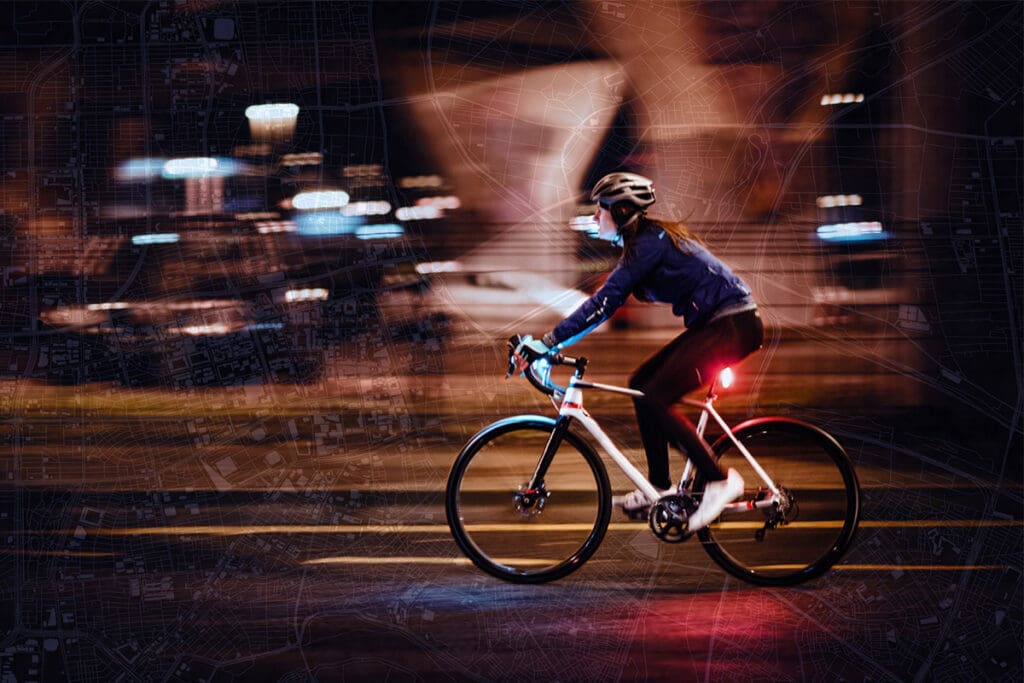
~ Sponsored Content ~
Cycling technology and data company See.Sense is on a mission to make cycling and micromobility better – by making it safer and collectively smarter.
Launched a decade ago with innovative bike lights to keeps cyclists seen, its bike lights are now used by more than 120,000 cyclists world-wide and See.Sense is the official bike light supplier to both British Cycling and Cycling Ireland.
In addition, the company is now more than a bike light manufacturer – providing advanced data services, partnering with cities, local authorities and fleet operators to deliver actionable insights that can inform transportation planning and policy decisions, improve infrastructure and road safety, and support behaviour change for more sustainable travel.
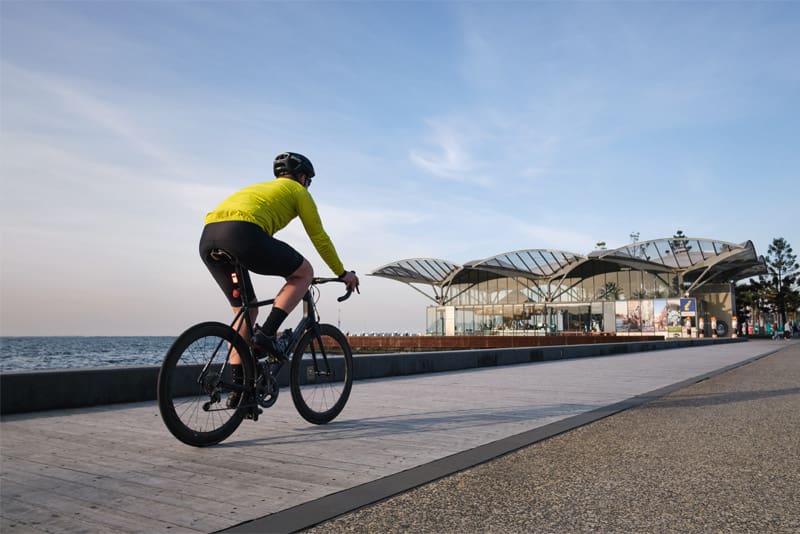
See.Sense’s patented, award-winning AI-driven sensor technology can turn any bike or an e-scooter into a sensor, creating a mobile sensor network throughout a city and overcoming the limitations of static counters and census data to plan measures to assist and encourage cycling.
Insights gathered from See.Sense include swerving and braking patterns, road surface conditions, popular routes, speed, dwell time, collisions, in-app cyclist surveys, and profile data. Use cases for its data insights are wide-ranging and include safety analysis for Vision Zero initiatives, the design and maintenance of cycling infrastructure and behaviour change.
See.Sense’s suite of cycling safety solutions has earned multiple awards since the company was founded in Northern Ireland in 2013 by husband and wife team Philip and Irene McAleese, who share an intense passion for cycling safety.
Now the duo is establishing a physical presence in Australia, bringing Irene back to her origins, with the company preparing to open in a sales office in Brisbane early next year.
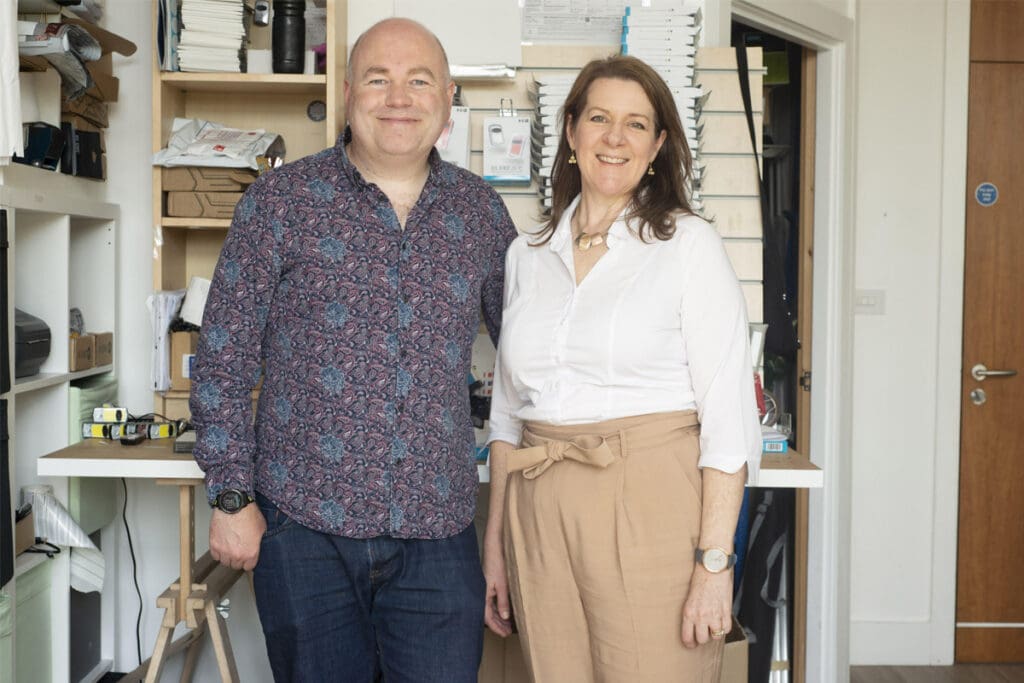
Setting New Standards
The company has already played a valuable role for improved safety for Australian cyclists, when Victoria’s Transport Accident Commission engaged See.Sense for a Light Insight Trial (LiT) with Deakin University.
More than 800 cyclists took part in the trial, which used See.Sense smart bike lights in combination with a companion app to collect rich and objective data that will underpin future research and analysis.
The commission declared the data has great potential to “inform policy changes related to speed management, cycling promotion, bicycle infrastructure, geofencing, and e-bikes”.
TAC has extended the project, which has set a set a precedent for developing robust cyclist communication and engagement strategies that can also benefit other areas of road safety.
It follows similar collaborations by See.Sense in the UK and Ireland.
Transport for London used data from more than 1000 active cyclists in the English capital to examine swerving and braking patterns from rides, to identify hotspot areas, inform their risk modelling and identify solutions.
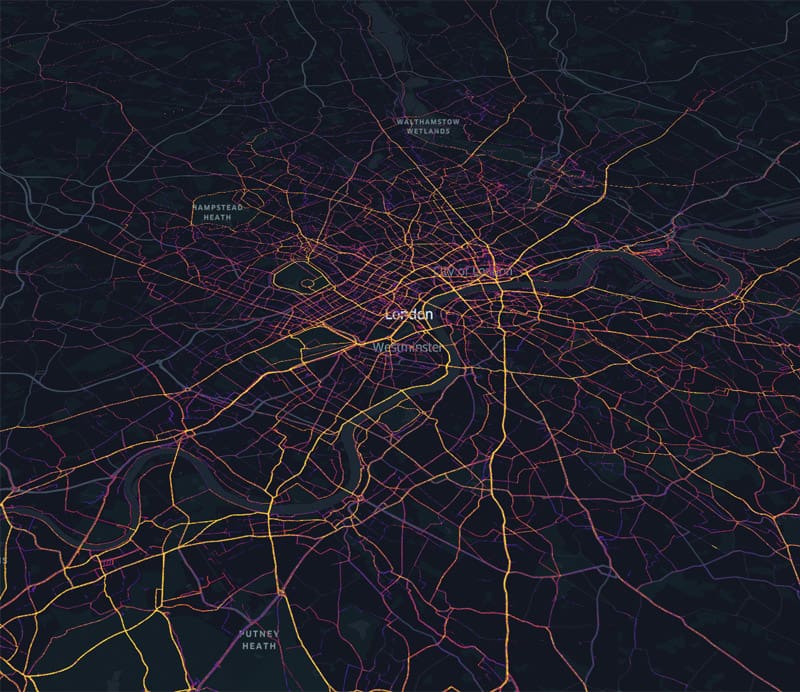
Game Changer
Essex County Council used data from 2000 bikes to plan lighting and bike parking improvements. It labelled the See.Sense technology a “game changer” because 100% of data is collected and “there is no friction for the user”.
“See.Sense sensors … monitor the environment 800 times per second, using edge processing and AI to provide highly granular sensor data.”
Similarly, Dublin City Council used road surface condition data from See.Sense to understand riders’ route choices and inform the design of cycling infrastructure.
Amsterdam-based company Dott demonstrated how See.Sense technology could benefit share services, when it used See.Sense trackers on its scooters to monitor rider behaviour and better understand their experience on the road.
See.Sense sensors, incorporated into bike lights and GPS trackers, monitor the environment 800 times per second, using edge processing and AI to provide highly granular sensor data.
They allow targetted deployment for more representative data on insights such as road surface, braking, swerving, collisions, speed and dwell times.
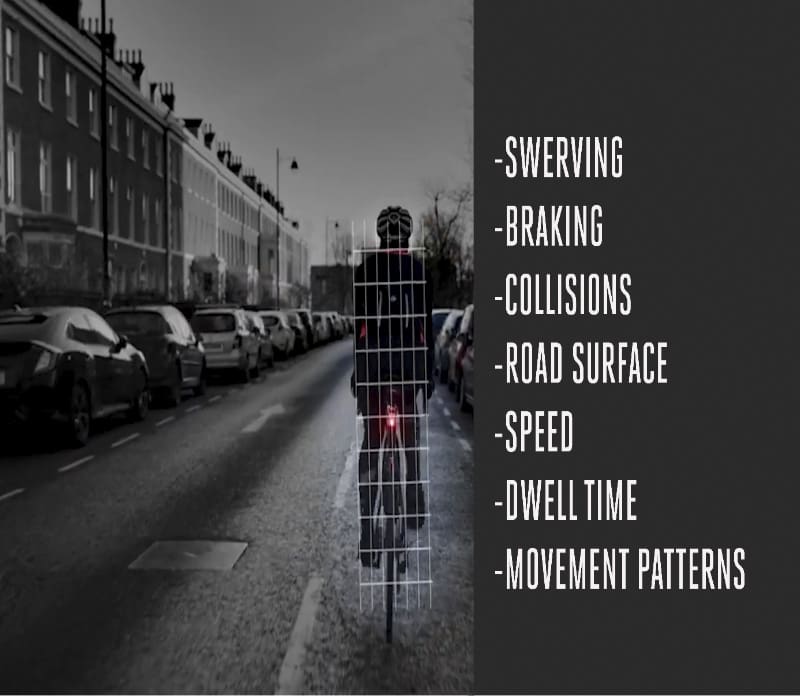
The data collected is then encapsulated into easy-to-use dashboards, analysis and reporting to further assist local authorities and service providers.
It’s a fun and effective way to engage citizens in data collection, with methods and best-in-class data privacy measures honed during numerous local projects, as an increasing number of authorities recognised See.Sense’s potential to overcome the limitations of other data sources.
Static cycle counters are expensive to deploy and maintain – and therefore tend to be restricted to a limited number of locations – while video camera technology can bring privacy concerns by citizens and doesn’t cover everywhere cyclists ride.
Alternatively, app data can be skewed to particular demographics or locations, and travel surveys are time-consuming and responses can be low or skewed to particular groups.
While active data collection can be complemented by surveys of incidents and near-misses, the latter is typically under-reported.
Similarly, Census data also only tells part of the story because it is limited to commuting and its most recent data collection was undertaken during the highly unusual circumstances of Covid.
To find out how See.Sense can provide a more complete and insightful picture for Australian local government authorities, talk with the team today at sales@seesense.cc.
